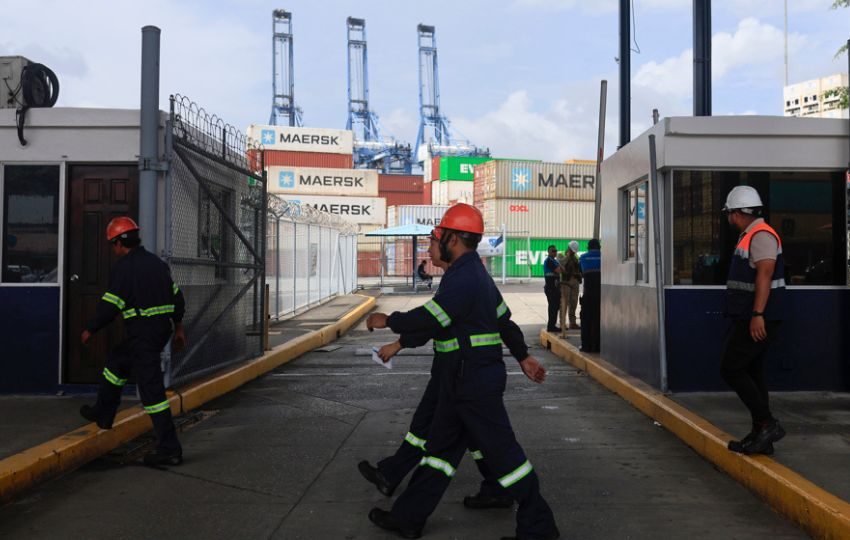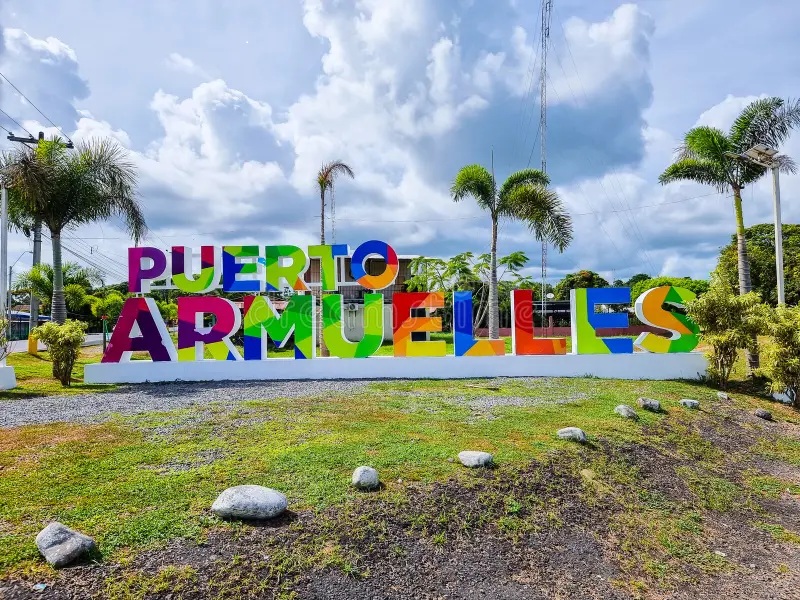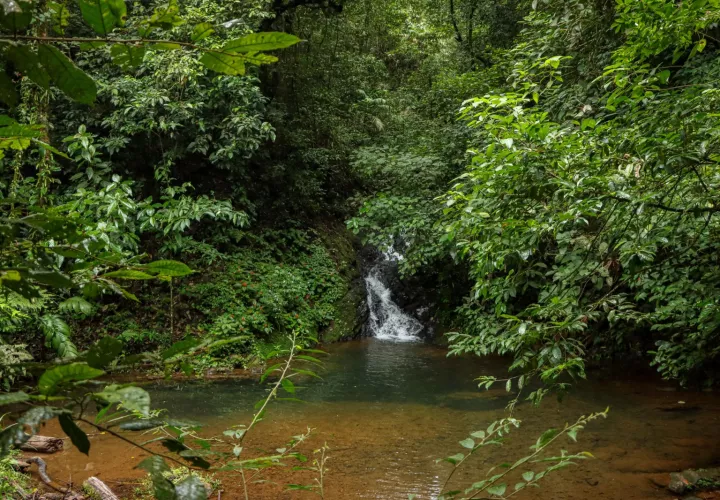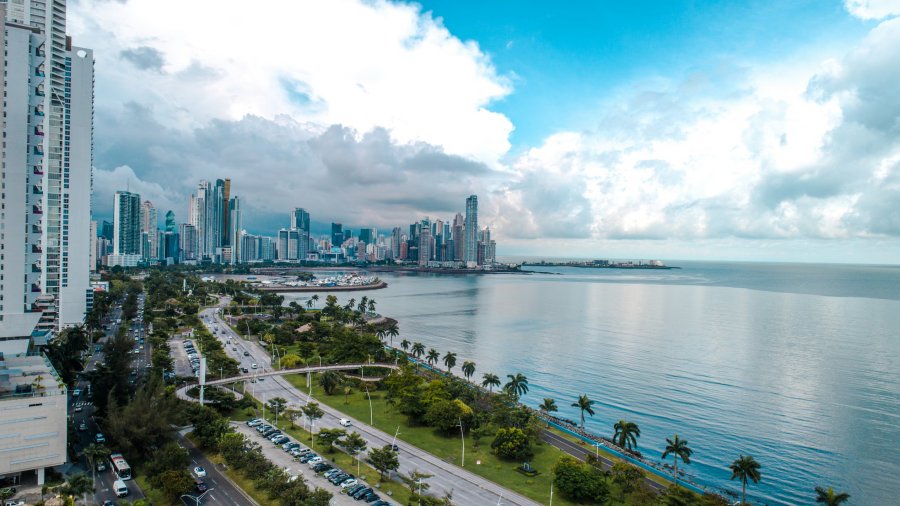Panama vision, ignored at home, gaining international recognition

By David Young
A PROJECT that began in Panama to help some of the country’s 3,000 blind gain hope and self esteem and become functioning members of the community, is blossoming in the United Kingdom, and has attracted attention in the United States, but is still lacking recognition in the country where it began.
Vision of Hope is the brainchild of jewelry designer and former mission worker Vernon Wilson who, with a small team of volunteers, is teaching blind workers to not only assemble jewelry but helping them market it by developing sales outlets and arranging Tupperware style events.
Being blind, in even the most advanced of first world countries, is a major challenge, but in Panama, particularly among the poorer section of the population, it can be a near insurmountable obstacle leading to a lifetime of isolation and deprivation, relying on those who already have little to share.
Wilson a jewelry designer and craftsman ran a successful store in the U.S. before selling up and “retiring” to Belize for 12 years of missionary work.
Moving to Panama he became active in developing and implementing outreach programs at St Luke’s Episcopal Cathedral. In a conversation with a blind churchgoer he asked what was the biggest challenge facing a Panamanian blind person was. He was told: “Finding Work” From that he conceived a program to bring new hope to those euphemistically named “visually impaired, ” by teaching skills to help them become part of the work force and develop a sense of self-esteem.
With a small team of helpers, (back row in the ohoto behind blind students) he developed a training plan enabling blind students to identify by touch, the sometimes minuscule polished stones, pewter, silver and gold pieces that go to make up bracelets, earrings, necklaces and pendants. They are pre-sorted into small plastic containers and the blind workers assemble them into the finished product.
After an initial training period the student gets to take home his or her first completed work of art as a gift for the family. Its delivery often brings emotional reactions says Wilson, recalling one mother bursting into tears after realizing that her handicapped son had personally assembled the gift.
Completed items are shipped to retail outlets in tourist centers like Playa Bonita and Gamboa Resort where they fetch prices ranging from $2 to $95.
The next step was to widen the teacher base, and in March a teacher training program including brail identification of different colored items, was introduced to the University of Panama.
When news of the endeavor reached Britain prestigious and internationally recognized, Royal National Institute for the Blind (RNIB) in Northern Ireland they were quick to recognize its potential and joined with Ulster Sheltered Employment Limited (USEL) to set up a steering committee. USEL has been working since 1962 to provide work for the disabled. Between them the two organizations enrolled support from Ulster University, a leading wholesale jewelers and numerour business leaders willing to provide advice and serve on a board.Skype conferences with Wilson and he will be flying to Belfast in July to help move the program to fruition.
Meanwhile, a retired ophthalmic specialist in the U.S. contacted Wilson via Newsroom, and will be coming to Panama in June to discuss ways of providing assistance.
Carols by Candlelight, the annual charity concert organized by The CanadaPLUS Club, will also be providing support, but so far no support from Panamanian authorities.





